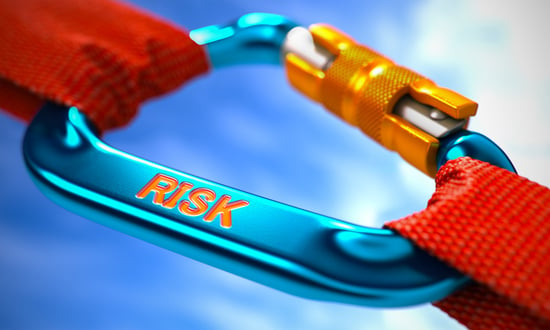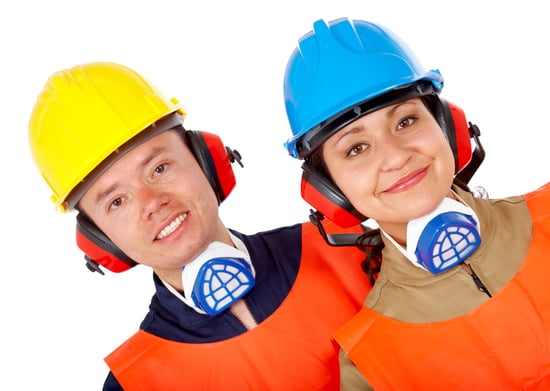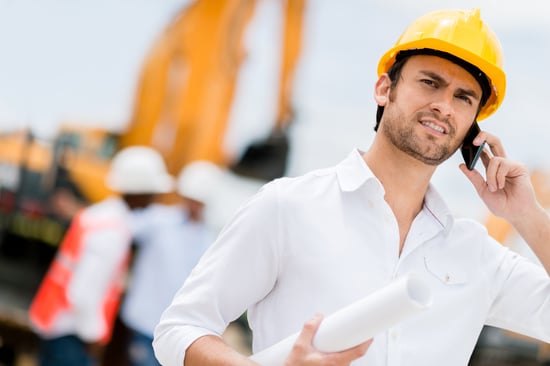
Construction is one of the most fast-paced—and high-risk—industries out there. Deadlines are tight. Sites are complex. Even a small safety mistake can set everything back, cost a fortune, or worse, lead to serious injuries.
That’s why having a safety consultant isn’t just helpful—it’s smart. They’re not there to slow things down with paperwork. They’re part of what keeps everything moving safely and on schedule, especially in high-pressure cities like New York, where compliance and timelines are everything.
If you're wondering whether it’s worth bringing one onto your team, here are six solid reasons why the answer is yes.
1. They Help You Stay Compliant Without the Last-Minute Scramble
No one wants to hear the word “violation” halfway through a job. But with local regulations, OSHA requirements, and changing safety codes, staying on top of it all gets tough—especially once the project is already in motion.
That’s where a solid safety consultant comes in. They understand what inspectors are actually looking for and help you get everything in order from the start—not when someone’s already on-site with a clipboard.
Construction teams across New York work with professionals like Menotti Enterprise Safety Consultants to keep their sites inspection-ready. They run walk-throughs on-site, go over your documentation with a trained eye, and flag anything that could cause issues down the line. From there, they offer practical solutions you can act on right away—so nothing catches you off guard during inspections.
That kind of support removes a lot of guesswork, which means fewer delays and more control over your schedule and budget.
2. They Reduce Risk—Before It Turns Into a Crisis

Most safety problems don’t come out of nowhere—they build up over time. A loose guardrail, a cluttered walkway, a shortcut that becomes routine. It’s these small things that lead to serious incidents when no one’s watching.
A good safety consultant has the experience to spot risks before they escalate. They’re trained to spot what others miss—especially on busy sites where crews are focused on deadlines, not hidden risks.
More importantly, they don’t just identify the problem—they help fix it in a way that works for the site. That kind of early intervention doesn’t just reduce accidents—it keeps your project from facing shutdowns, lawsuits, or long-term delays.
3. They Save You Time and Money in the Long Run
Safety consultants aren’t just there to catch problems—they help prevent the kind of issues that eat up time and cash. A missed hazard can mean more than just a bruised ego. It could shut things down, delay work, or trigger costly claims.
By getting ahead of those risks, you reduce the chance of costly rework, medical bills, or last-minute changes. And since safety consultants also help document everything properly, you’re better covered if something goes wrong.
It's not just about cutting accidents—it's about running a tighter, more predictable job from start to finish.
4. They Build a Stronger Safety Culture on Site

Rules don’t keep people safe—culture does. A consultant doesn’t just walk around with a checklist. They get involved. They talk to your crew, explain risks clearly, and show how safety fits into the pace of real work—not just the manual.
When workers understand the “why” behind protocols, they’re far more likely to follow them. Over time, that adds up—fewer shortcuts, more awareness. And a site where everyone’s watching out for each other—not just for the boss.
That kind of mindset makes a big difference over the life of a project, especially when teams change and new subs roll in.
5. They Bring Credibility When You’re Bidding Big
In competitive markets, your safety record can help win (or lose) the job. Clients and GCs don’t just want the lowest bid—they want to know the project won’t be a liability.
Having a safety consultant on board shows that your team takes compliance seriously. It shows you’re organized, proactive, and prepared to deliver the job without unnecessary risk.
That kind of trust can tip the scale and help you stand out from companies that treat safety like an afterthought.
6. They Streamline Communication Around Safety

Construction projects involve a lot of moving parts. Different crews, outside inspectors, foremen, site managers—and everyone has a different idea of what’s “safe enough.”
A safety consultant helps bridge that gap. They translate regulations into clear, site-specific actions. They’re often the go-between who keeps everyone aligned, especially when there are multiple subcontractors or rotating teams on site.
Clear communication means fewer missteps and a smoother safety process.
Safety Isn’t Extra—It’s Part of the Build
Having a safety consultant on your team isn’t just about following rules—it’s about running a job site that works better from every angle. When safety is handled right, projects progress smoothly, teams work smarter, and everyone walks away in one piece.
It’s a smart move that pays off on day one—and long after the project wraps.